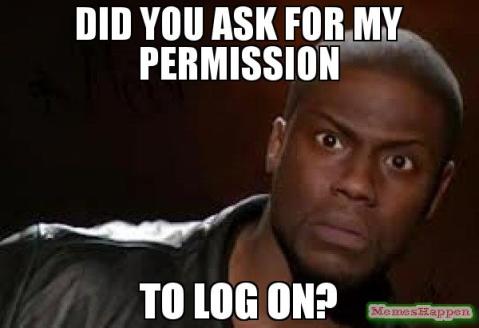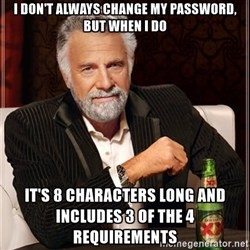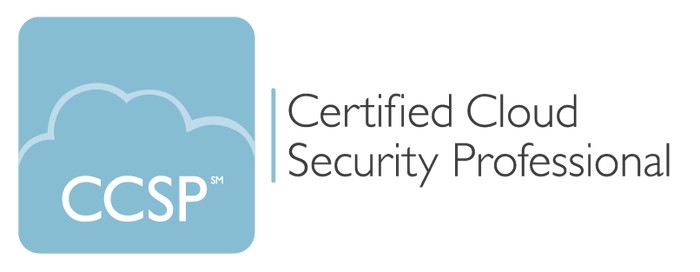--Originally published at Mr. Robot's Imaginary Friend
Anyone can become a hacker, you may just be someone who spends too much time with computers and suddenly you find yourself submerged in the world of cyber-security. There are three types of hackers that I will be talking about, the first one is the black hat that.

Black hat hackers have become the most known image of all hackers around the world. The world hacker for most of the computer users has become a synonym for social misfits and criminals. This is just an injustice created by our own interpretation of the mass media, so it is important for us to learn what a hacker is and what a black hat does.
Black hat is a term used to describe a hacker who breaks into a computer system or network with malicious intentions and uses his skills with criminal intent, for example cracking bank accounts, stealing information to be sold in the black market or attacking computer networks of an organization for money.
Some famous cases of black hat hacking include Kevin Mitnick who used his skills to enter the computer of organizations such as Nokia, Fujitsu, Motorola and Sun Microsystems, Kevin Poulsen, who took control of all the phone lines in Los Angeles in order to win a radio contest for a Porsche.
There are professionals that have knowledge about security and vulnerabilities in many platforms and applications, and their goal is to identify and fix their potential threats on their system, those are the ethical hackers or white hat hackers. An ethical hacker attempts to bypass system security and search for weak points that could be exploited by black hat hackers, then this information is used by the organization to improve their system security trying to minimize or eliminate any potential attacks.
For hacking to be 
![]()





























